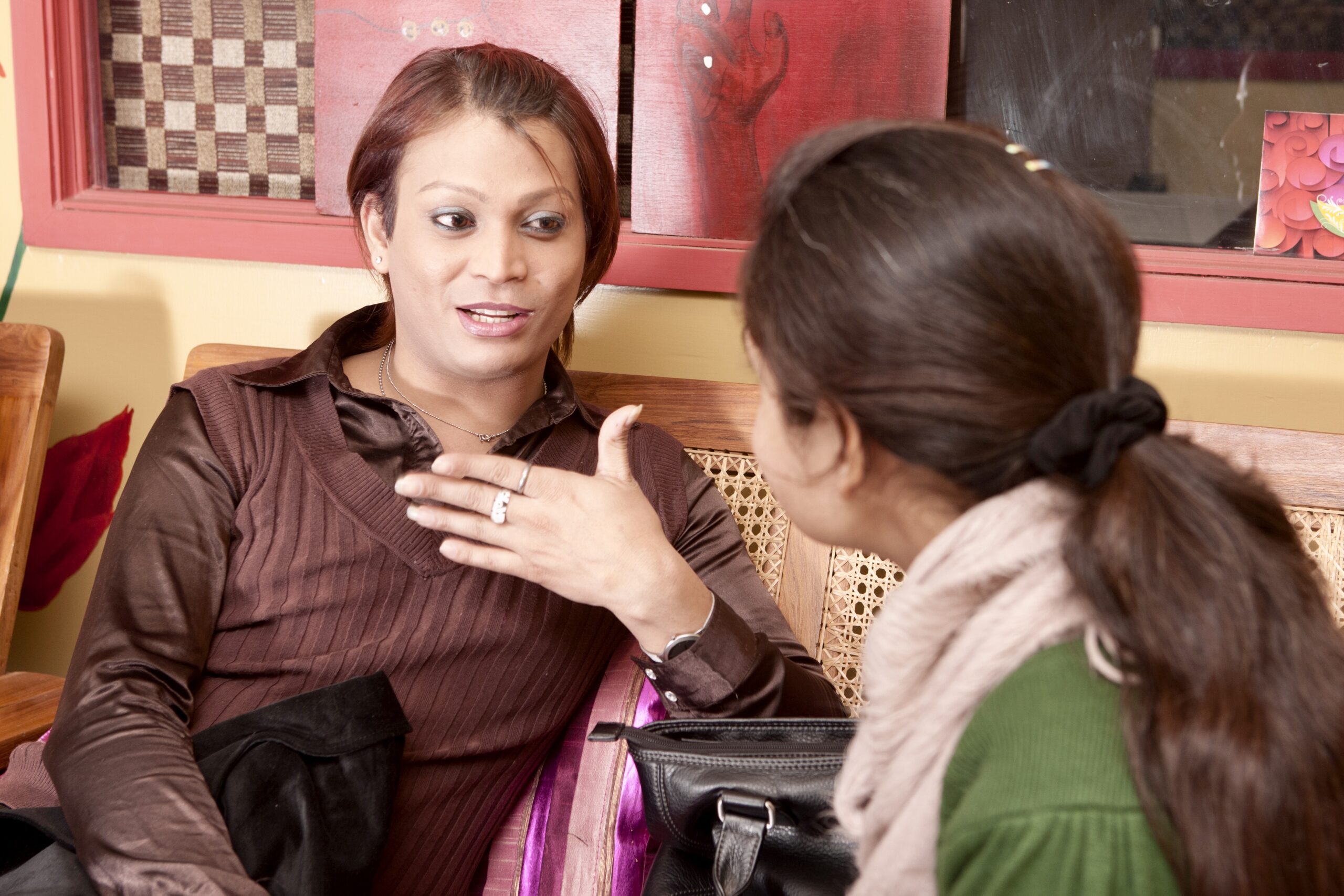We conduct clinical research with the highest ethical, regulatory, and scientific standards
Clinical development is the stage of research and development when vaccine and drug candidates are safely tested in people. Functions of this stage include clinical trial strategy development, clinical monitoring, trial site management, community engagement, quality management, data management and biostatistics, medical and safety monitoring, and medical writing.
IAVI’s clinical development team has the capabilities and expertise to ensure that our clinical research is conducted with the highest ethical, regulatory, and scientific standards.
Phases of clinical trials
Clinical research can begin in humans only after a regulatory agency approves an application by a developer/sponsor such as IAVI to investigate a new biomedical product. Regulatory agencies carefully review a large body of evidence of preclinical and manufacturing data before they approve a clinical trial.
Following are the general steps in vaccine clinical trials. These steps may vary depending on the type of vaccine candidate being investigated.
Phase 1
Phase 1 trials are usually small trials mainly designed to assess the safety, tolerability, and dosage of a vaccine candidate. Generally, volunteers in these trials are people in good health who are not specifically at risk of the disease the vaccine candidate is intended to prevent. During a Phase 1 trial, investigators also collect information from volunteers related to the immune response the vaccine candidate generates.
Phase 2
Phase 2 trials are larger trials that collect more safety and tolerability data, as well as data on initial efficacy of the vaccine candidate in preventing the disease in people at risk of developing it.

Phase 3
Phase 3 trials are large trials in which researchers evaluate the efficacy of the vaccine candidate in preventing disease in people at risk of infection. Investigators also monitor any adverse events related to the vaccine candidate.
Registration and post-registration (Phase 4)
After a vaccine is registered or approved by a regulatory body for use in people, evaluation continues. The manufacturer collects data related to how well the vaccine works and any adverse events related to the vaccine.

We protect the rights and welfare of volunteers
Volunteers are the foundation of IAVI’s clinical trials: we and our partners are committed to protecting their rights, dignity, confidentiality, health, and welfare.
We and our partners coordinate with communities to educate volunteers about vaccine research. We rely on counsel from Community Advisory Boards (CABs) — groups of community representatives that advise on IAVI’s clinical research trials. CABs ensure that the interests and concerns of the community and participant population are considered throughout the research process. They also provide input on trial design, recruitment, and retention procedures and the language used in the informed consent process.
To protect the health of volunteers enrolled in IAVI’s clinical trials, clinical trial staff provide participants with basic health services, which may include voluntary HIV counseling and testing, basic physical examinations, and family planning counseling. Should the need arise, clinical trial staff make referrals for HIV treatment or more complex medical problems.

Working with vulnerable populations
IAVI and partners develop and implement procedures for working with vulnerable populations such as pregnant women, children and adolescents, men who have sex with men, sex workers, and transgender people in a manner that maximizes safety and minimizes the difficulties and social risks associated with participating in vaccine research.
The IAVIshare Biorepository
The purpose of the IAVIshare Biorepository is to act as a human biospecimen, preclinical biological material, and data repository for researchers and collaborators. IAVI collaborates with international partners to develop safe, effective, and accessible vaccines and antibodies and to conduct clinical trials around the world. These efforts include the development of samples and data set from clinical trials of IAVI’s and partners’ TB and HIV vaccine candidates, which are made available through the IAVIshare Biorepository. Our mission is to store and distribute high quality, clinical trial human specimens and preclinical biological materials to investigators to advance scientific research through our robust specimen request and governance processes.
Standards we follow
IAVI’s clinical research is informed by standard local, national, and international sources, including:
- Declaration of Helsinki
- International Council for Harmonisation of Technical Requirements for Pharmaceuticals for Human Use guidelines
- Relevant country or regional regulations
- United States Federal Policy for the Protection of Human Subjects (The Common Rule, 45 CFR Part 46)
- WHO guidance on ethical standards and procedures for research with human subjects
- Relevant Good Participatory Practice guidelines
- Independent ethics committees (also called Institutional Review Boards) established by local and national institutions
- Scientific and regulatory authorities that review trial protocols, informed consent forms, and other trial-related materials
We provide resources to those conducting clinical research
The IAVI Vaccine Literacy Library is a resource designed for people and communities involved in clinical research. It may be used for recruitment of trial participants and to engage communities and other stakeholders to build understanding of and support for clinical trials and eventual use of new vaccines. It may also be used as reference information for training workshops and to help those developing educational materials related to clinical research.
Our pipeline
To learn more about IAVI products currently being evaluated in clinical trials, see our pipeline.
Our clinical research center partners
IAVI works with clinical research centers (CRCs) and contract research organizations to help implement clinical trials.
Learn more about our African and Indian CRC partners:
Enrolling in IAVI-sponsored clinical trials
We thank you for being interested in participating in IAVI’s clinical research. Visit ClinicalTrials.gov to learn which IAVI-sponsored clinical trials are enrolling volunteers and how you can contact researchers.